Profile
Rev Fr Col MDK Kumesi (rtd) achieves two childhood dream
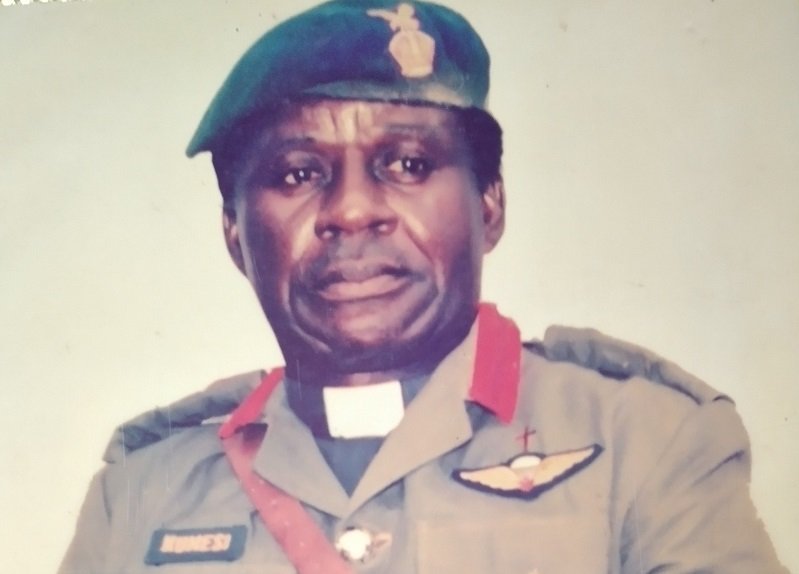
Though children dream of practising preferred professions in future, this is often not possible in many instances. However, Rev Fr Col. Matthias Dismas Kwame Kumesi (rtd), a Catholic Priest and former Military Chaplain of the Ghana Armed Forces has been able to attain his childhood dreams of becoming a Catholic Priest and a Military Officer. 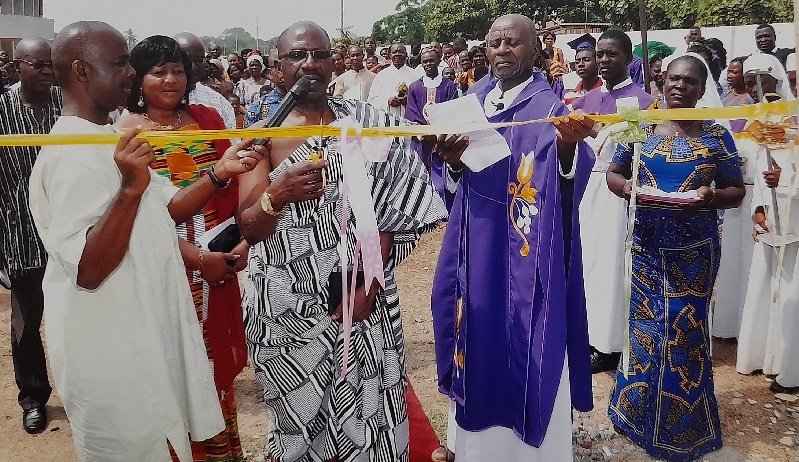
Recalling his early life as a tiny school boy at Baglo in the Oti Region of Ghana, he set out his plans to become a Catholic Priest to follow the footsteps of his maternal uncle, the late Rev Fr Anastasius Dogli, the first Black African Catholic Priest in West Africa who was ordained on July 22, 1922.
According to him, the lifestyle of Rev Fr Dogli inspired him to the extent that his greatest desire was to also become a Catholic priest no matter the obstacles.
Additionally, his encounter with soldiers who served in the Second World War and later came on operation in his region, gave him the urge to study hard to become a military officer as an alternative profession should the first choice fail.
After his priestly ordination in June 1962, he was posted to Ho and later to Jasikan. In January 1965, while still serving at Jasikan, Bishop Anthony Konnins, the then Catholic Bishop of Keta – Ho Diocese informed him that he had been nominated for further studies in France slated for September 1965.
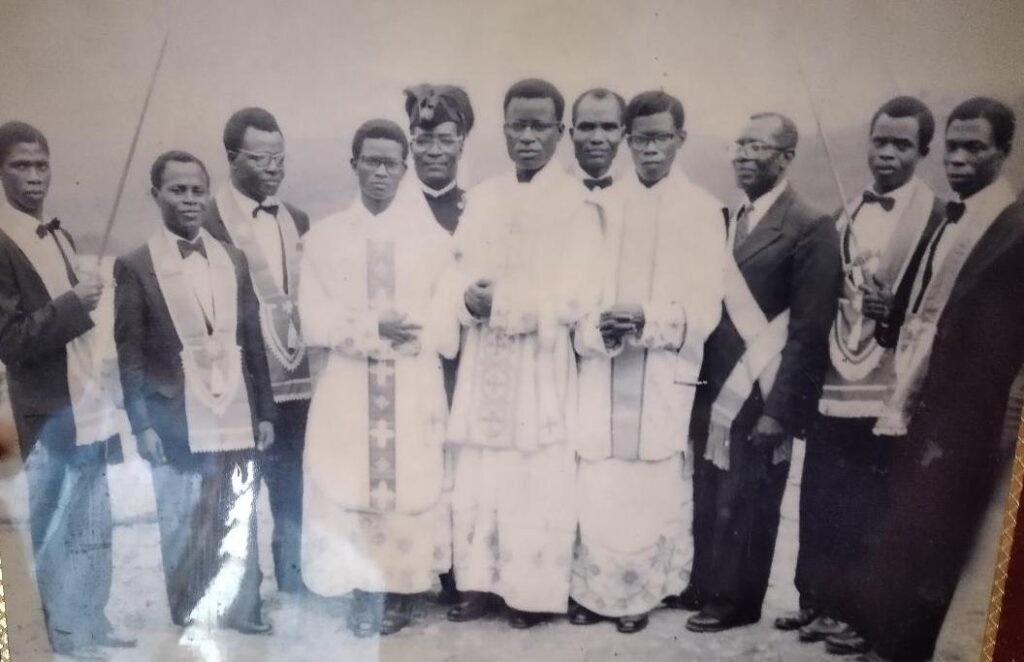
However, when Bishop Anthony Konnins visited the parish at Jasikan to administer the Sacrament of Confirmation, he told him that the original plan had changed and that he would no longer go to France but to be enlisted in the military.
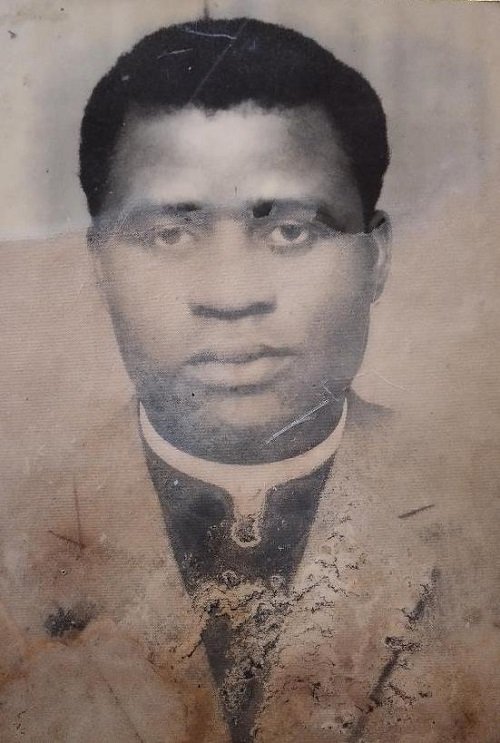
When asked how he got selected to enlist in the Ghana Armed Forces (GFA), he said the GAF made a formal request to the Ghana Catholic Bishops’ Conference to nominate a chaplain to serve in the army.
He said the Archbishop of Cape Coast, John Kodwo Amissah who was the President of the Ghana Bishops’ Conference at the time and his former lecturer at the St Peter’s Regional Seminary, Cape Coast, knew him very well so the Archbishop , handpicked him to fill the vacant position.
Rev Fr Col Kumesi explained that Archbishop Amissah then asked Bishop Anthony Konnins to release him to enlist in the military which he complied, thus fulfilling his second childhood dream of becoming a military officer.
He said he was the first military chaplain to be commissioned in 1966 into the Ghana Armed Forces in 1966 and his batch was the last to be commissioned by Dr Kwame Nkrumah, the first President of the Republic of Ghana, before his overthrow.
He explained that the chaplains who were his predecessors had no formal military training. Rather, they were brought in and given the uniform to function as chaplains.
After his commission, he was posted to the 6th Battalion of Infantry, Takoradi, where he served under the late General Ignatius Kutu Acheampong, the then Commanding Officer of 6BN, who later became the Head of State of Ghana.
Infancy/Education
Rev Fr Col MDK Kumesi was born on October 31, 1933, at Baglo in the Oti Region to Mr Akute Kumesi, a traditional priest and Madam Agnes Mawuwor. However, his father was baptised when he fell sick before he died.
Due to few schools in those days, his parents arranged for him to stay with the late Mr Gabriel Ekudi, a teacher at Lolobi to enable him to attend Standards One and Two in 1942.
In 1947, Mr Gabriel Ekudi was transferred to Likpe Mate and little Kumesi had to continue Standards Three, Four and Five there.
He once again had to move to Hohoe Roman Catholic School in 1950 to continue with Standards Six and Seven.
He entered the St Teresa’s Minor Seminary at Amisano in 1956 to study Philosophy and through to St Peter’s Regional Seminary at Pedu, all in Cape Coast with his mates as the pioneer students.
Training
Commenting on the training of young priests these days, he said things have changed because at their time the Rector read the letters of all seminarians and those who received letters written by their girlfriends were given outright dismissal from the seminary.
Col Kumesi retired from the military on March 20 1989 and was posted to Tetema where he spent 10 years shepherding the flock.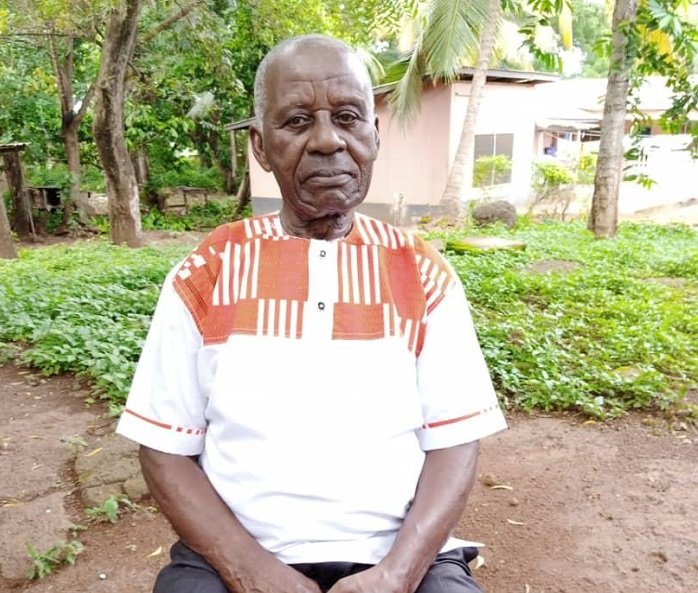
He was again posted to Baglo his hometown where he spent another 10 years before he was finally retired as a priest.
Though retired as a priest, he still says mass at St Ann Catholic Church, one of the outstations of St Theresa Catholic Church, at Ntwanta.
By Raymond Kyekye
Profile
Raising disciples, and families …Mission of Rev. Dr Kisseadoo’s Fruitful Ministry Int’l
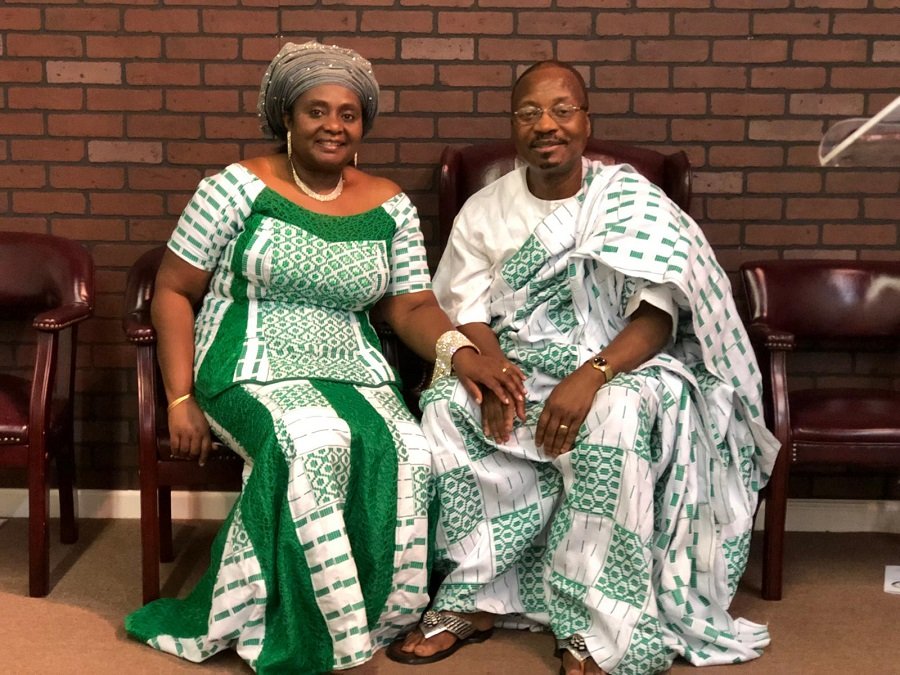
In Ghana’s Christian community and beyond, Rev. Dr Samuel Kisseadoo has become a household name for his practical teachings on marriage, parenting, and relationships.
For more than five decades, he has served as an Evangelist, Preacher, Writer, Counselor, and Teacher, raising a generation of believers whose lives bear testimony to his influence.
Born in Ghana, Dr Kisseadoo’s ministry journey began as early as 1969, during his secondary school days.
With a burden to share the gospel, he began preaching in schools, training colleges, fellowships, and churches across the country.
By the time he left for further studies abroad in 1993, he had already ministered in more than 85 secondary schools, witnessing mass conversions and altar calls.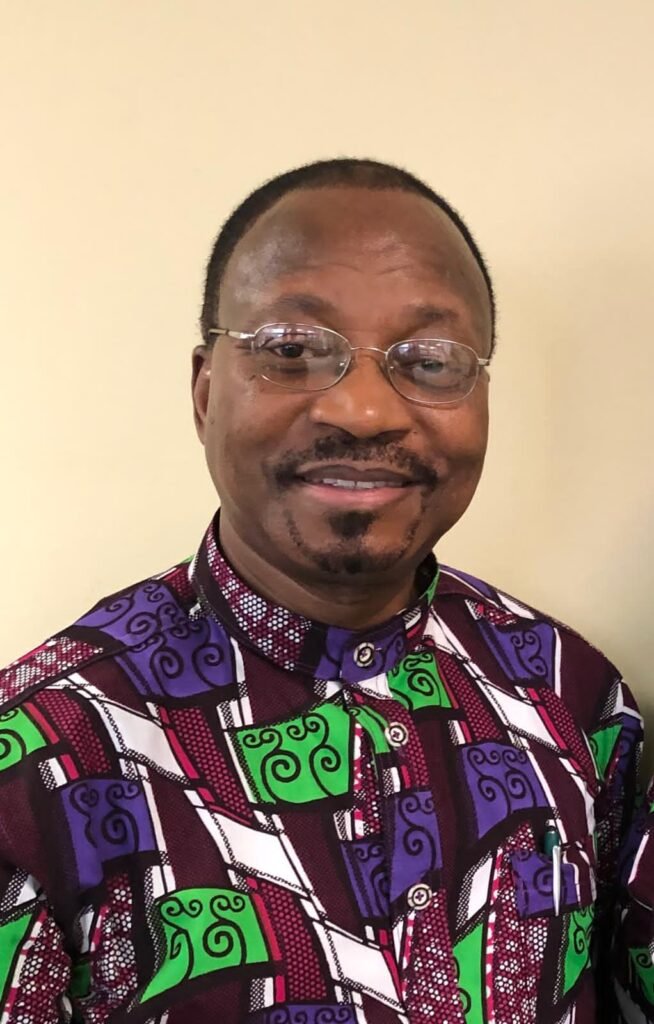
But as he recalls, his concern soon shifted. “I was getting fed up with too many decisions and few disciples,” he said, drawing inspiration from Acts 20:20, which emphasises both public proclamation and personal connection.
This principle-often referred to as the 20/20 vision of the church-shaped the foundation of his ministry: bold public teaching, paired with intimate discipleship through personal touch and attention.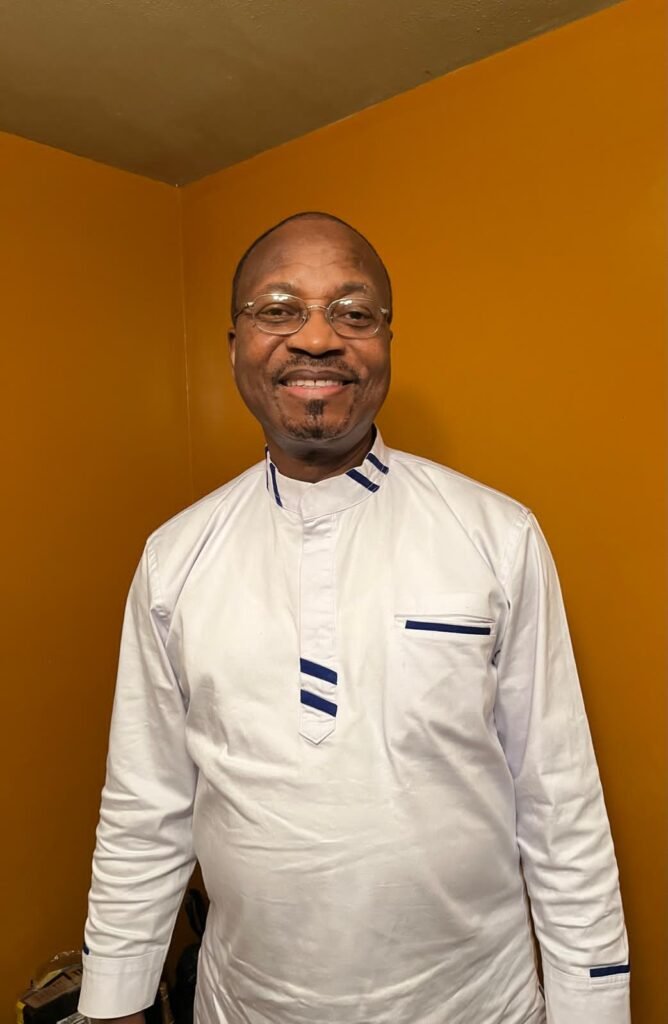
Dr Kisseadoo furthered his studies in the United States, earning his Ph.D. in New York in 1993. While in Holland and later America, he combined academic pursuits with active ministry, teaching and counseling both students and church groups.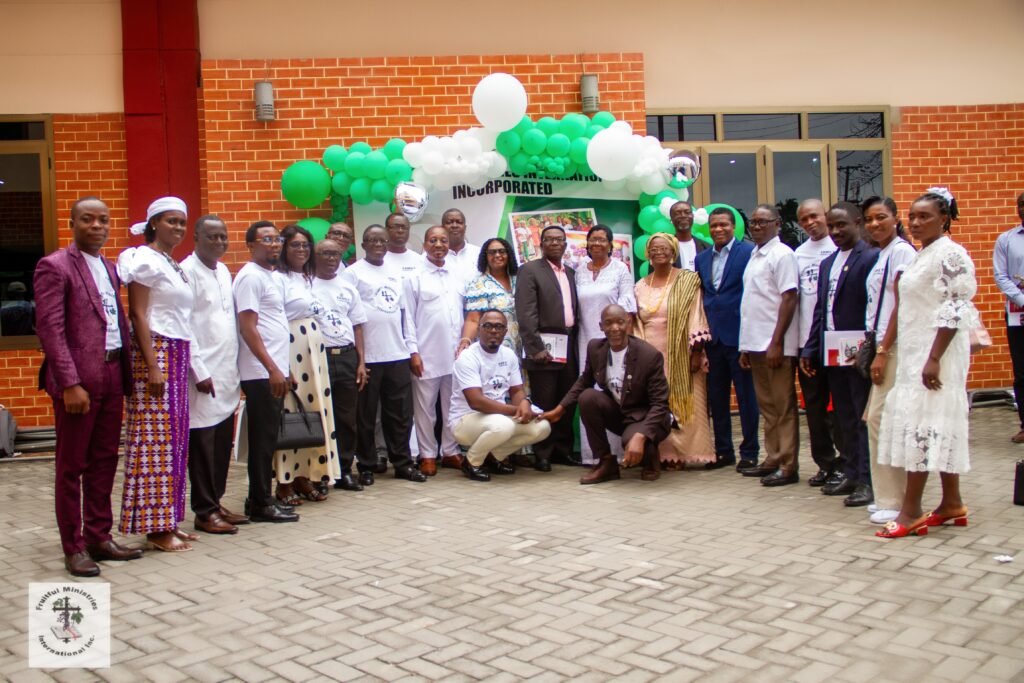
In 1994, after years of shaping lives abroad, he returned home to Ghana, where his ministry took on a national dimension.
In 1999, Dr Kisseadoo’s teachings on Joy FM-particularly his frank discussions on marriage, family, and relationships— drew national attention. His programme resonated deeply with listeners, sparking requests for organised teachings and counseling sessions.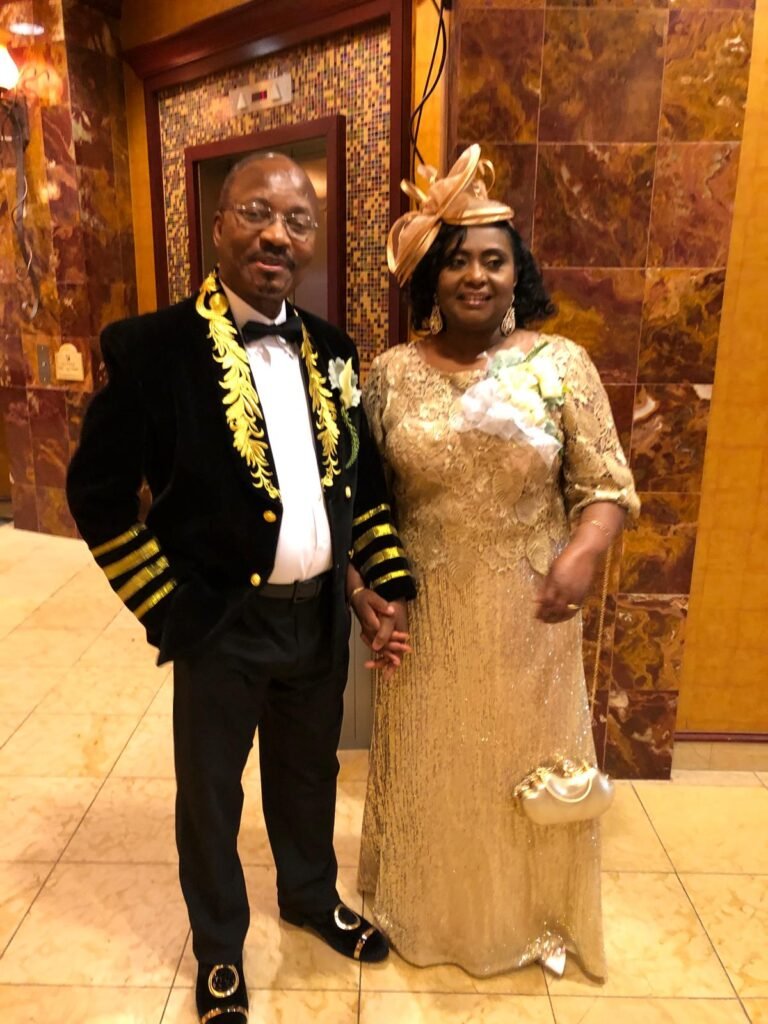
Speaking to The Spectator in an Accra, he said this led to the founding of Fruitful Ministries International, which was officially inaugurated on December 30, 2000, with over 400 participants in attendance despite Accra being choked with jubilant crowds celebrating the election of President John Agyekum Kufuor that same day.
He mentioned that Fruitful Ministries quickly grew into an international organisation, with 21 chapters in Ghana and abroad, structured around five objectives: evangelism, discipleship, prayer and empowerment, leadership development, family, marriage, and relationships.
Its motto, “Family Excellence,” and its theme verse, John 15:16-“I chose you to go and bear fruit that abides”-reflect its central vision: to nurture strong families that produce lasting impact.
“Today the ministry operates in two major zones- the southern zone with 13 chapters and the northern zone with 12 chapters with 36 platforms, ensuring its impact continues to multiply,” he said.
Dr Kisseadoo’s passion for family life and women’s empowerment is rooted in his upbringing. Losing his father at 12, he was raised by a devoted single mother whose resilience left a lasting imprint. “If I had GH¢100 in school, the first thing I would do was buy a gift for my mother,” he recalls.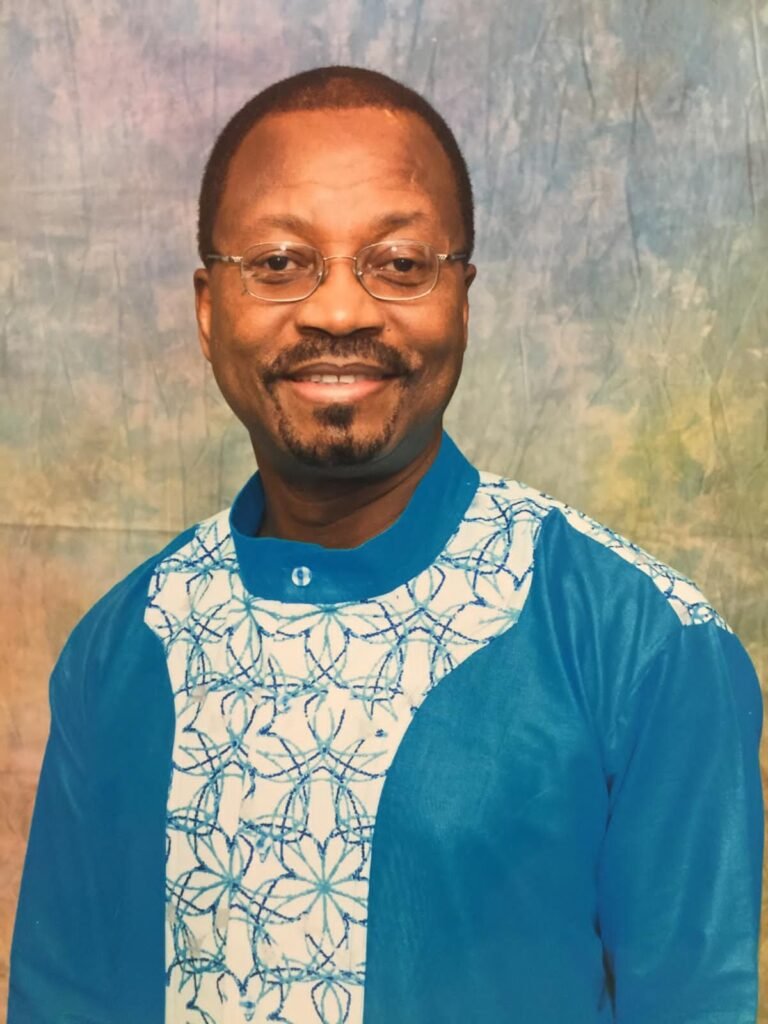
That love and compassion deepened during his campus ministry days at the Kwame Nkrumah University of Science and Technology (KNUST), where he frequently ministered to female students.
His early experiences convinced him that strengthening women, mothers, and families was vital to building a healthier society. “When God came to save humanity, He went to Mary, not Joseph,” he often says, underscoring women’s unique role in nurturing life.
Through initiatives like the Fruitful Ministries Club at Accra Girls Senior High School, hundreds of young women have been trained since 2006 in excellence, character, and preparation for future motherhood and leadership. Graduating students are awarded certificates, affirming their transformation into future pillars of society.
For more than two decades, Dr Kisseadoo has hosted “Hope for Your Family” on Joy 99.7 FM, airing every Saturday morning at 5:30 a.m.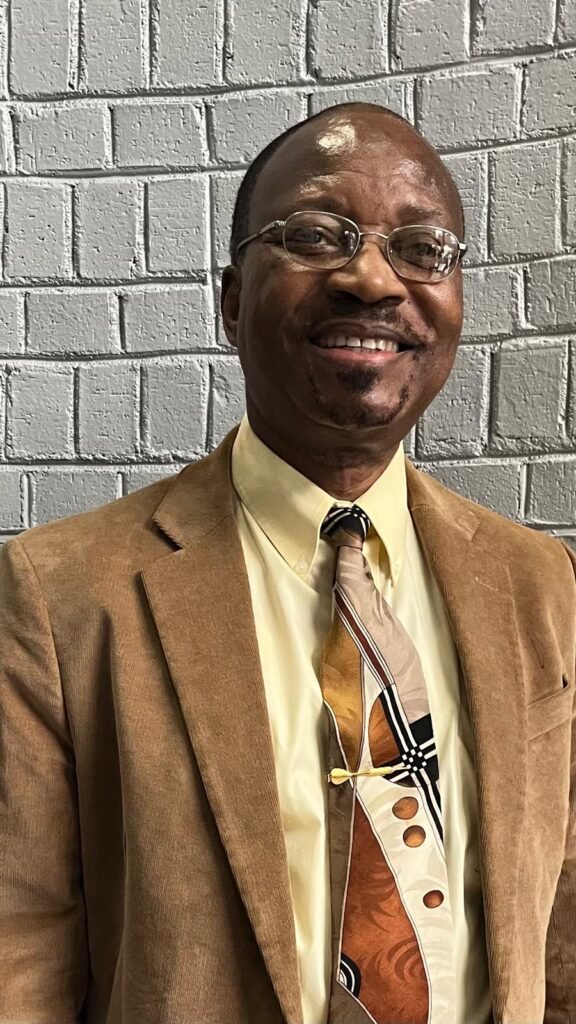
The broadcast has become a lifeline for families seeking guidance on marriage, parenting, and personal development.
He is also a prolific author, having published 32 books covering topics from discipleship to marriage and conflict resolution. His articles have appeared in both local and international publications, extending his reach far beyond the pulpit.
Whether speaking to large crowds, counseling couples, or addressing young people, Dr Kisseadoo’s teachings remain practical and down-to-earth.
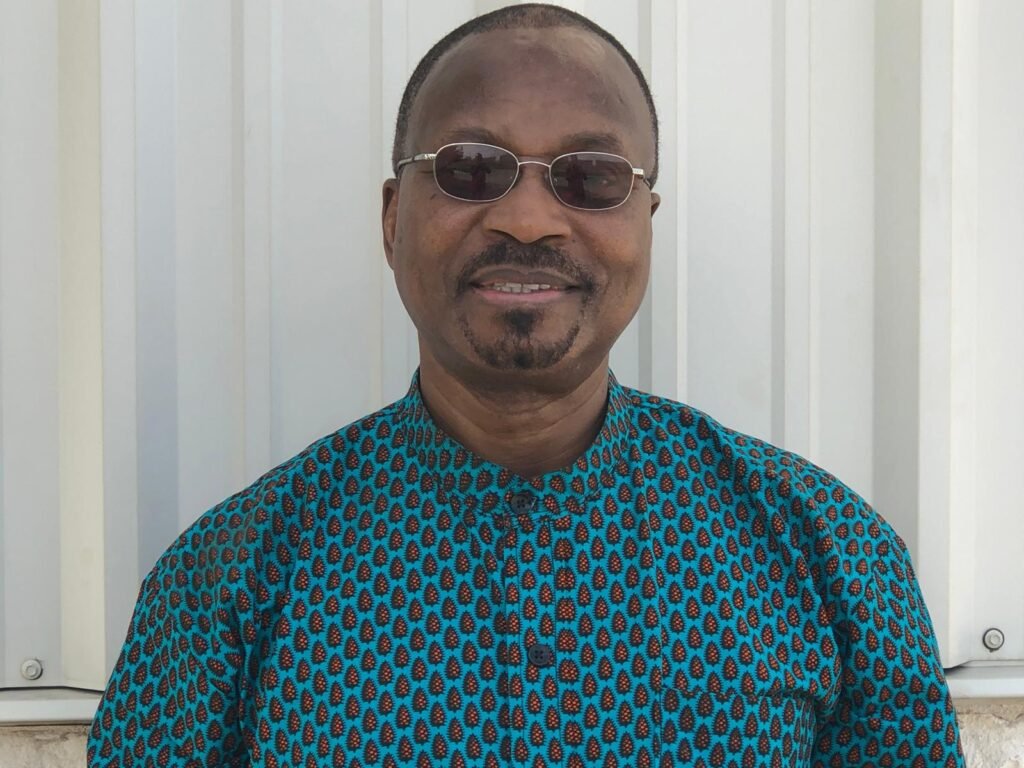
He tackles sensitive issues like sexuality, financial management in marriage, conflict resolution, and parenting with courage and clarity.
“No matter who you are, everything comes back to the home,” he insists. “Your lifestyle at home defines the person you present to the world,” Rev Kisseadoo stated.
He mentioned that despite its growth, Fruitful Ministries faces ongoing challenges. From limited office space to resource constraints, sustaining its operations has not been easy.
According to him, there is also the misconception that, because its founder resides in the United States of America (USA), the ministry was well-funded-a notion far from reality. Recruiting and retaining committed workers has also proven difficult.
But Dr Kisseadoo remains undeterred. “We don’t just want people to go to heaven, we want them to be useful on earth as well,” he said.
Today, Rev. Dr Samuel Kisseadoo is celebrated not only as a preacher but also as a mentor, writer, and counselor whose ministry has raised disciples, leaders, and families across Ghana and the diaspora.
By Esinam Jemima Kuatsinu
Profile
Salamatu Ahmed, Ghana’s only female Hausa sports broadcaster
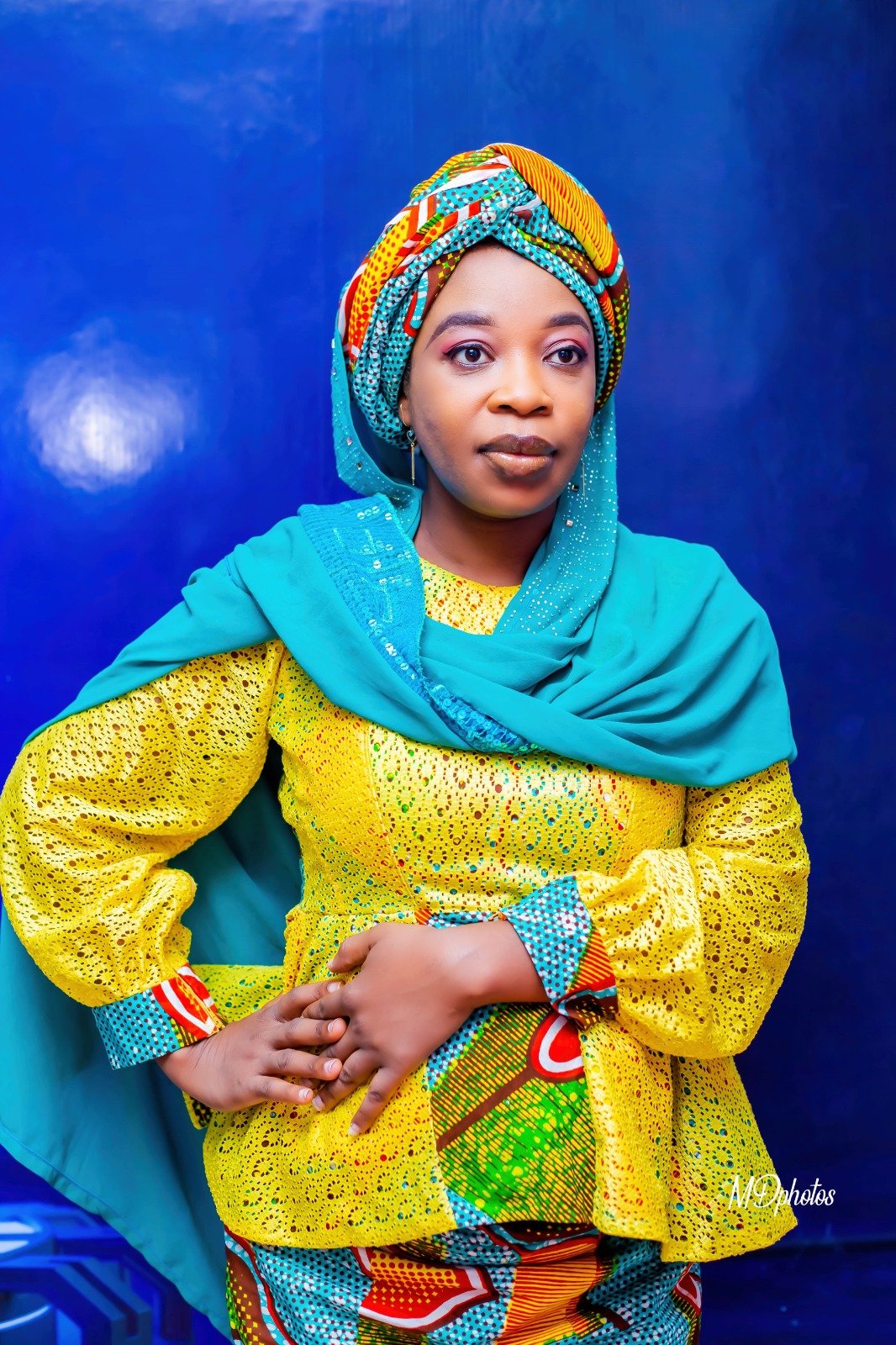
In a field long dominated by men, she has turned her microphone into a tool for change, amplifying women’s voices, promoting gender equality, and challenging deep-rooted stereotypes in sports journalism.
In Ghana’s media landscape, especially in the arena of sports, Salamatu Ahmed stands out. Not just as the host of Iqra Radio’s popular morning show, but as the country’s only female Hausa sports broadcaster.
From humble beginnings in Lagos to an influential voice behind the microphone in Accra, her journey is one of boldness, resilience, and purpose.
“I grew up in a close-knit neighbourhood in Lagos where everyone looked out for each other,” she recalled in an interview with The Spectator on Monday. “There was no discrimination. I could enter any house, share a meal or even sleep over without raising eyebrows. That spirit of unity shaped my values.”
She said, her love for broadcasting was sparked by her father, who was an athlete and devoted news watcher. Her father loved sports and news and recounted how she used to sit with him, watching the newscasters and wondering how they memorised so much.
“I later found out they used a teleprompter-what a relief!” she said with a laughter.
Salamatu’s passion for football heightened during the France ‘98 World Cup. “I watched almost all the matches. That tournament made me fall completely in love with the game,” she said.
But it was not until years later that broadcasting became a real career path-and quite unexpectedly.
She recounted how a friend of hers was managing Hijra TV asked her if she knew anyone who could do Hausa sports for the TV station.
She grabbed the opportunity as she was not working at the time, saying “so I offered myself,” she explained. “That was how it all started.” From Hijra TV, she moved on to Baina TV and eventually found her home at Iqra Radio.
Though her original dream was to become an English-language sports anchor, Hausa unexpectedly became her breakthrough. “People always ask how I manage to do it in Hausa, and the fascinating part is I am a woman doing it. That’s what truly sets it apart.”
But the journey has not been without hurdles. As a woman in sports media, she has had to fight for access and respect.
“It is always difficult getting interviews. Some male counterparts do not like sharing contacts or information,” she said.
Salamatu recounted how early on, men would ask for sexual favours in exchange for job opportunities. She said it got so discouraging that she left job-hunting for a while and ventured into business instead.
Now firmly established in her field, she uses her platform not only to cover sports, but to push for systemic change. As a panelist on various forums and a vocal supporter of women’s football, Salamatu has advocated for increased investment, better pay, and more opportunities for female athletes.
“Why should male footballers be paid more for doing the same job?” she quizzed during the conversation. “Female athletes often do not get bonuses or incentives that make life easier for them. People label us feminists for speaking out-but isn’t it just fairness?”
She also spoke passionately about how female athletes face scrutiny that goes beyond performance. “Look at Barbara Banda of Zambia; she faced criticism for being too ‘masculine.’ Imane Khelif, the Algerian boxer, faced similar discrimination. It’s disheartening. People forget these women are excelling at their craft.”

In 2024, Salamatu’s influence reached the global stage when she was selected to represent Ghana at the Fourth Eurasian Women’s Forum in St. Petersburg, Russia. There, she joined other global leaders in conversations about empowering women in media, politics, and business.
“That experience showed me that our voices matter beyond our borders,” she said. “We are not just fighting for recognition here; we are part of a global movement.”
Away from the microphone, Salamatu is known for her bubbly personality. “I am a fun-loving person-anything fun, count me in! I love cooking, watching movies, and reading.”
She credits her background-a Muslim from a Zango family for instilling in her resilience and discipline.
After schooling in Lagos, she moved to Ghana and earned a diploma in Communication Studies from the African University College of Communications (AUCC), now African University of Communication and Business (AUCB).
Her greatest pride is being the only female voice doing Hausa sports broadcasting in Ghana.
“Until someone else comes along, I will keep holding this fort,” she said with a smile. “It is my biggest achievement so far.”
For young girls looking up to her, she urged them never to be intimidated but rather carve a niche for themselves and be unique.
“You do not have to sound like or look like everyone else. Just be you and be excellent,” she added.
By Esinam Jemima Kuatsinu






